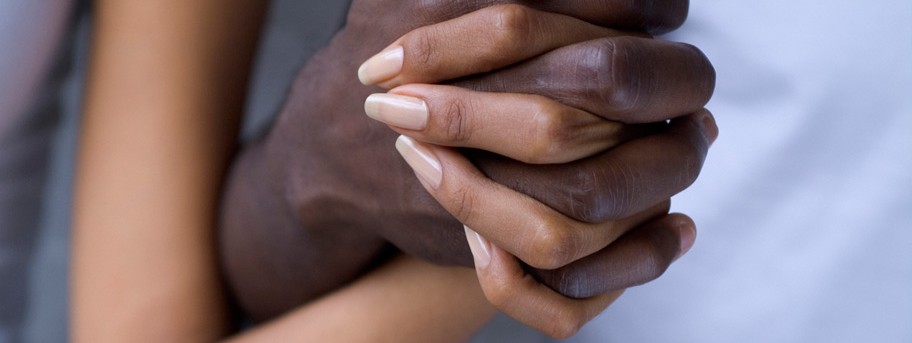The University of Nottingham
 Exchange online
Exchange online
Research Exchange
Can living through genocide lead to personal growth?

Living through genocide has led to personal growth in some Rwandan women, according to research taking place at The University of Nottingham.
The project looks at the concept of post-traumatic growth — mapping positive changes to individuals and societies following trauma, and the idea that people strive following adversity.
However, the research also found that Rwandan society had become more focused on the individual than the communal. And that, though women now have more power outside the home where previously brothers, husbands or fathers would have been their representatives, the stigma attached to being a victim of the genocide is holding women back.
Funded by an AHRC Collaborative Doctoral Award, PhD student Caroline Williamson in the University’s Department of French and Francophone Studies worked in Rwanda for a year with the Nottinghamshire-based NGO The Aegis Trust, which campaigns against genocide and crimes against humanity. The Trust also runs the Kigali Genocide Memorial Centre in Rwanda.
Her work for the Aegis Trust gave her access to transcripts of interviews conducted, filmed and given by survivors of the Rwandan genocide. Caroline proof read the transcripts for the Trust, making sure the English translations from Kinyarwanda were accurate, before they became part of the Genocide Archive. She then analysed some of these testimonies for her own research.
Immediately after the genocide — during which around 800,000 were killed — two thirds of the population were female. Before the genocide, women could not legally own property in Rwanda and it had been taboo for a woman to head a household. Through necessity, attitudes and the law changed to allow society to function with the gender imbalance.
“The women interviewed saw themselves as stronger after living through the genocide. They saw life as something not to be taken for granted,” said Caroline. “They lost husbands, sons, brothers and fathers. Often they were subjected to horrific sexual attacks. But these women often came through the experience with a raised sense of self-reliance.”
Survivors looked to each other, inspired by the strength of those who had endured unimaginable suffering yet continued to strive. “People worry about tomorrow but no one can be sure of life. I saw people who survived unexpectedly,” one woman told interviewers. “They tried to kill them but they refused to die. They may have lost an eye, a nose or a tongue yet still they survived. I saw women who’d been raped who survived too.
“They may have had nothing to support them, but they survived. When I see people like that, I remind myself how rich I am.”
Others found strength in their achievements, accomplishing things alone that before they would have not considered possible without the help of men. “To see my kids growing up gives me hope’” one said. “Before, raising my kids alone without my husband or without a job would have been inconceivable. But today, I have managed and I have hope for the future.”
The genocide also affected relationships, even impacting on the language used to describe everyday experience.
Historically, society was clan and lineage based,” Caroline added. “It was communal. But since the genocide, it has become more individualistic. Through the transcripts, you can see the change in the way people speak. Where previously they would have used the first person plural, they described their experiences in the first person singular.
“But many lost their entire families, that was their reality. They went from being a ‘we’ to an ‘I’ in a short space of time.”
Caroline’s project, which grew out of collaboration between Aegis Trust and Dr Nicki Hitchcott of the Department of French and Francophone Studies, will have important implications for the ways in which we interpret and understand the Rwanda genocide. As Dr Hitchcott explained, “Caroline’s work at Genocide Archive Rwanda will help ensure that the voices of women survivors of the 1994 genocide are heard around the world”.
Tags: Aegis Trust, Department of French and Francophone Studies, genocide, post-traumatic growth, Rwanda
Leave a Reply
Other

Top prize for quantum physicist
A University of Nottingham physicist has won a prestigious medal from the Institute of Physics for […]

Zero carbon HOUSE designed and built by students comes home
Design and construct a low cost, zero carbon, family starter home, transport it to Spain, build […]